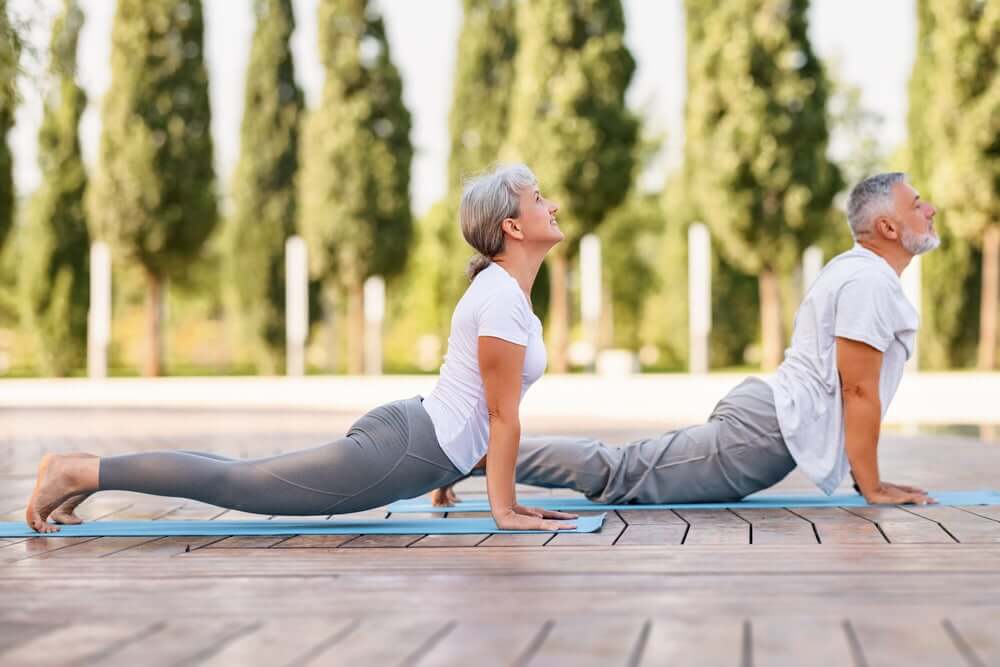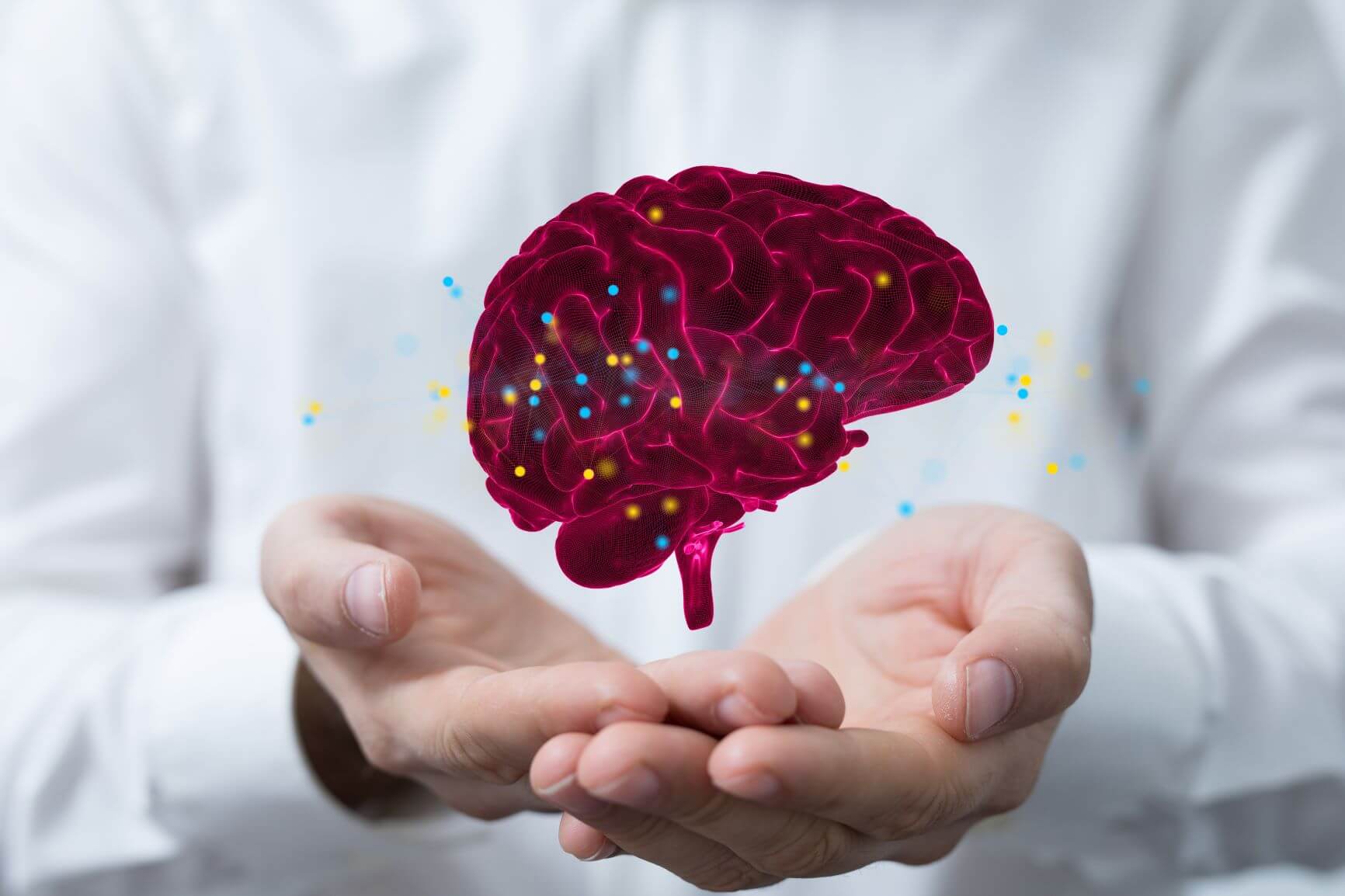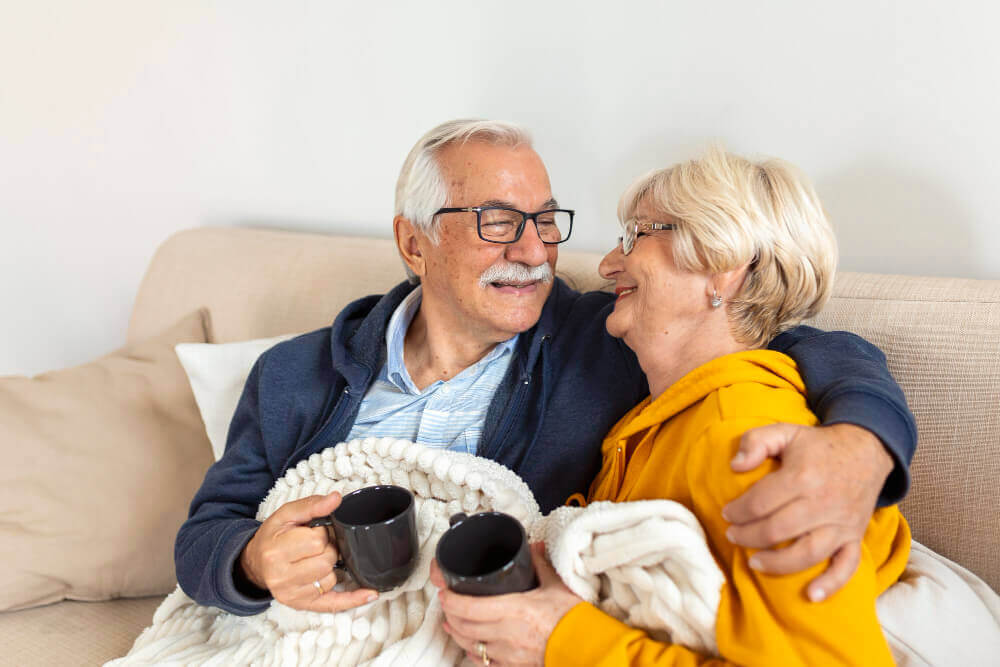Throughout life, our bodies and minds are constantly changing, and each period and age brings with it new opportunities, difficulties, and challenges. The quality of life in the Western world leads to an increase in life expectancy, with more and more people living to a later age, and much research in recent years deals with ways to promote healthy aging. Among the changes that go through the third age, it is common to experience cognitive changes that affect memory, attention, and a variety of functions that affect our daily lives – these changes are expected and natural, but adjustments in the routine of life can help preserve cognitive health with aging. Our cognitive health is related to thought processes, memory, and information processing, but also to motor function, processing, and emotional function. Cognitive training that practices reaction speed, memory, and information processing can contribute to sharpness and cognitive health, but they are not enough by themselves, and to achieve optimal results it is highly recommended to combine other habits with them in the routine. Since our mental health is also related to our physical health, it is important to look at the big picture.
There is a connection between our health and physical fitness and the risk of developing mild cognitive impairment. A balanced and healthy diet and monitoring and maintaining normal blood pressure reduce the risk of cognitive decline. Beyond that, continuous physical activity over time has many benefits, including a positive effect on our brain function and cognition. Regular physical activity strengthens the muscles, improves the flexibility of the joints, increases the feeling of security in our body, and reduces the risk of falls and injuries. Exercise also has positive effects on mental health, and many studies have shown that it helps alleviate symptoms of depression and anxiety.
When choosing the training that is right for us, it is important to find a training that we enjoy and that we can persevere over time to see the best results. One option is yoga, which originates in India and is based on different body positions, breathing exercise, and meditation. Yoga can be a particularly suitable exercise for older people, since it combines balance and equilibrium exercises, which are especially important for reducing the risk of falls and injuries. In addition, it has a variety of other benefits – improvement in mobility, flexibility, strength and balance, improvement in sleep quality and mental health[1]. Various studies done in the field have shown that yoga also has a positive effect on our cognitive abilities, and that continuous yoga training resulted in improved attention, executive function, and memory among older exercisers[2].
Another option is a combination of Pilates. Pilates training is suitable for every stage of life, since the exercises can be easily adapted to the abilities and range of motion of each trainee, taking into account injuries. Pilates exercises combine conscious and orderly breathing with proper muscle movement that prevents pressure on vertebrae and joints while focusing on strengthening core muscles, improving posture and balance, strengthening muscles and preventing injuries. It is especially suitable for seniors, and many studies have tested and demonstrated the benefits of Pilates for adults, such as increased bone density, improved posture, balance, and mobility. Adults who train in Pilates are at a lower risk of falls and injuries, thanks to the improved awareness of the body and its movements that the training produces. In addition to the many physical benefits, Pilates has significant effects on brain health. It was found that continuous Pilates training brings both an improvement in mood, and an improvement in cognitive abilities. The increased blood flow to the brain following training contributes to the development of new neurons and connections, and in the process supports the improvement of abilities such as memory, learning, and attention[3].
Feldenkrais training also has many benefits for adults; this method is designed to improve the movement of the body, through gentle movements to correct unhealthy movement habits that we have adapted to ourselves, and to learn to activate the body again, relieve pain caused by incorrect posture, develop awareness of our body and our movements. Feldenkrais exercises improve flexibility and also bring relief to back, neck, and joint pain. Adherence to a training routine will bring relief to mobility, standing, walking, and rest.
Beyond the health and physiological benefits of creating a training routine, such training is very important for our mental well-being. If you are interested in improving and preserving your cognitive abilities as you grow older, it is very important to adopt a holistic approach to training your mind and body. A training routine in the Effectivate software will help you maintain the sharpness of your mind and memory, but you can improve your achievements by incorporating sports training into your habits. Find a sport that you enjoy and can stick with for a long time, and remember that even a little is better than nothing. Try to also include short training sessions during your day, according to your ability. It is important to know that Effectivate subscribers have free access to the Body&Mind program, which offers yoga, Pilates, and Feldenkrais training on Zoom, so you can easily join the training without leaving home! We strongly recommend joining the classes to see a greater improvement from your training, and to maintain your health.
The article by Maya Vinik, a graduate of a master’s degree in cognitive psychology and a member of the scientific team at Effectivate
[1] https://www.ncbi.nlm.nih.gov/pmc/articles/PMC8341166/
[2] Impact of Yoga on cognition and mental health among the elderly: A systematic review https://www.sciencedirect.com/science/article/abs/pii/S0965229919319016
[3] https://www.healthline.com/health/fitness/pilates-for-seniors#benefits










